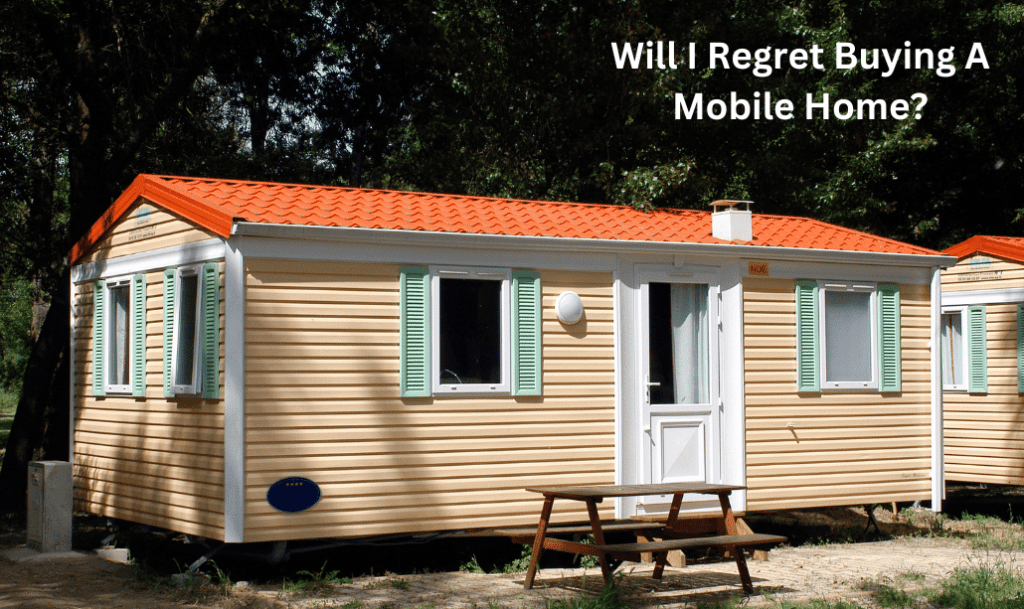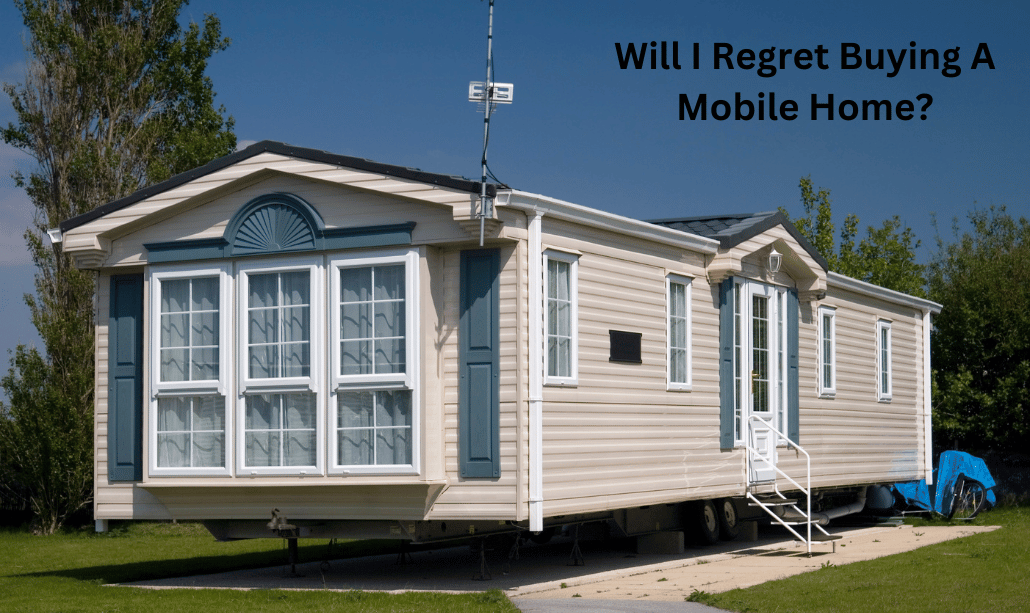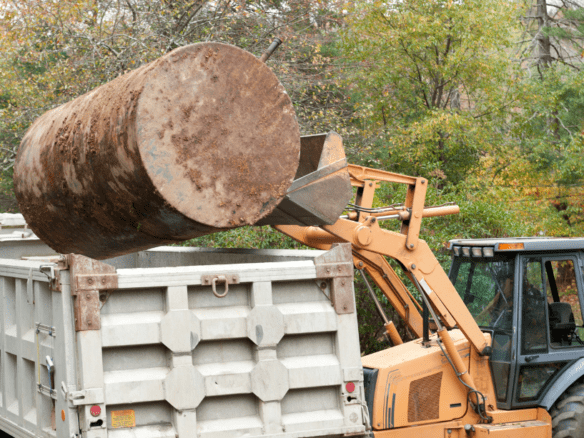Mobile homes have long been famous for those seeking affordable and flexible housing. With the rising costs of traditional homes, many individuals and families have turned to mobile homes as a more budget-friendly alternative. However, with any significant purchase, it is natural to have concerns and questions about the long-term implications. When considering buying a mobile home, one common question is, “Will I regret this decision?” It is a valid concern, as purchasing a home, whether a traditional or a mobile home, is a significant investment.
In this article, we will delve into the pros and cons of buying a mobile home and provide insight into the potential regrets that may arise. With a professional tone, we will explore the various factors to consider before making this decision and provide the necessary information to help you make an informed choice. Whether you are a first-time home buyer or looking for a change in your living situation, this article will serve as a valuable resource in determining if buying a mobile home is the right choice.
Consider The Long-Term Investment
When purchasing a mobile home, it’s essential to consider the long-term investment. While a mobile home’s initial cost may be lower than a traditional house, evaluating the potential long-term expenses is necessary. Mobile homes may require maintenance and repairs, just like any other property. Additionally, the value of mobile homes tends to depreciate over time, which can affect your investment. Therefore, it’s crucial to carefully assess your financial situation, plans, and overall market conditions before deciding. Considering the long-term investment aspect, you can make a more informed choice and ensure you won’t regret buying a mobile home.
Research The Resale Value Beforehand
Before purchasing a mobile home, one crucial step is to research its resale value beforehand. Understanding the potential resale value can provide valuable insight into your investment’s long-term financial implications. By analyzing the market trends and comparing prices of similar mobile homes in the area, you can gauge whether the mobile home you are interested in retains its value or depreciates significantly. This information enables you to make a more informed decision and avoid potential regrets. Knowing the resale value beforehand allows you to assess the potential return on investment and make a sound financial choice when buying a mobile home.

Look Into The Maintenance Costs
When considering the purchase of a mobile home, it is essential to look into the maintenance costs associated with owning one. This involves considering factors such as regular upkeep, repairs, and any ongoing expenses that may arise. Like any other property, mobile homes require routine maintenance to ensure longevity and functionality. Understanding the potential maintenance costs allows you to budget accordingly and avoid unexpected financial burdens. By factoring in these expenses before making a decision, you can make an informed choice and mitigate the risk of regretting your purchase in the future.
Think About Potential Location Changes
Another essential aspect to consider when purchasing a mobile home is the potential for location changes. Mobile homes have the advantage of flexibility, as they can be moved to different locations if desired. However, it is crucial to think about the implications of such moves. Will the new location meet your needs regarding amenities, community, and accessibility? Additionally, it would help if you researched local zoning and regulations to ensure that moving your mobile home will be feasible and compliant. Thinking ahead about potential location changes can help you avoid possible headaches and regrets, allowing you to make a well-informed decision about your mobile home purchase.
Weigh The Pros And Cons
When considering whether to buy a mobile home, it is essential to take the time to weigh the pros and cons thoroughly. This decision should be made on time, as it can significantly impact your lifestyle and finances. On one hand, purchasing a mobile home can offer the advantages of affordability and flexibility. Mobile homes tend to be more budget-friendly than traditional houses, making homeownership more accessible for many individuals.
Additionally, the ability to relocate the home to different locations provides flexibility that conventional homeowners do not have. However, it is essential to consider the potential drawbacks as well carefully. Mobile homes may depreciate over time, and customization options may be limited compared to traditional homes. Additionally, there may be ongoing costs and maintenance associated with owning a mobile home. By carefully examining the pros and cons, you can make an informed decision and mitigate the risk of regretting your mobile home purchase.
Conclusion
In conclusion, purchasing a mobile home can be an excellent option for those looking for affordable housing or a simpler lifestyle. However, it’s essential to consider all factors carefully and thoroughly research before buying. Whether it’s financial stability, location, or long-term plans, you should weigh all aspects and determine if a mobile home is the right fit for you. With proper planning and consideration, you can avoid any potential regrets and enjoy the benefits of owning a mobile home.







Join The Discussion